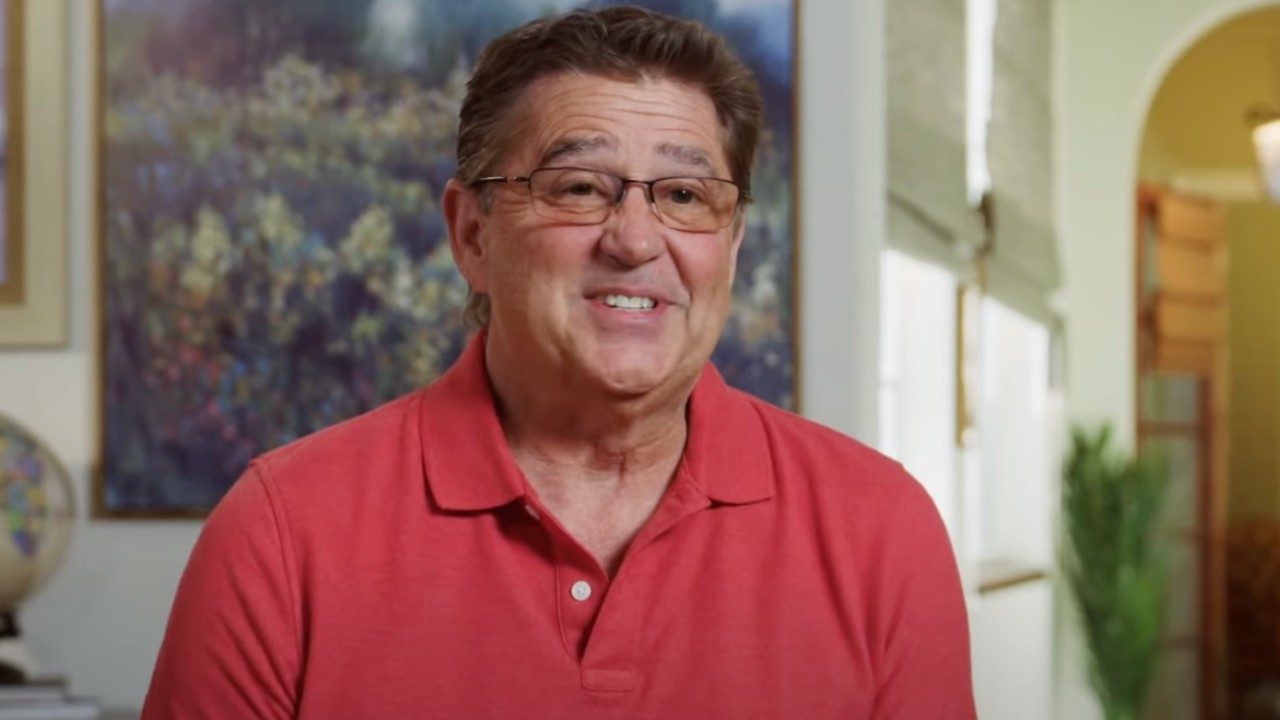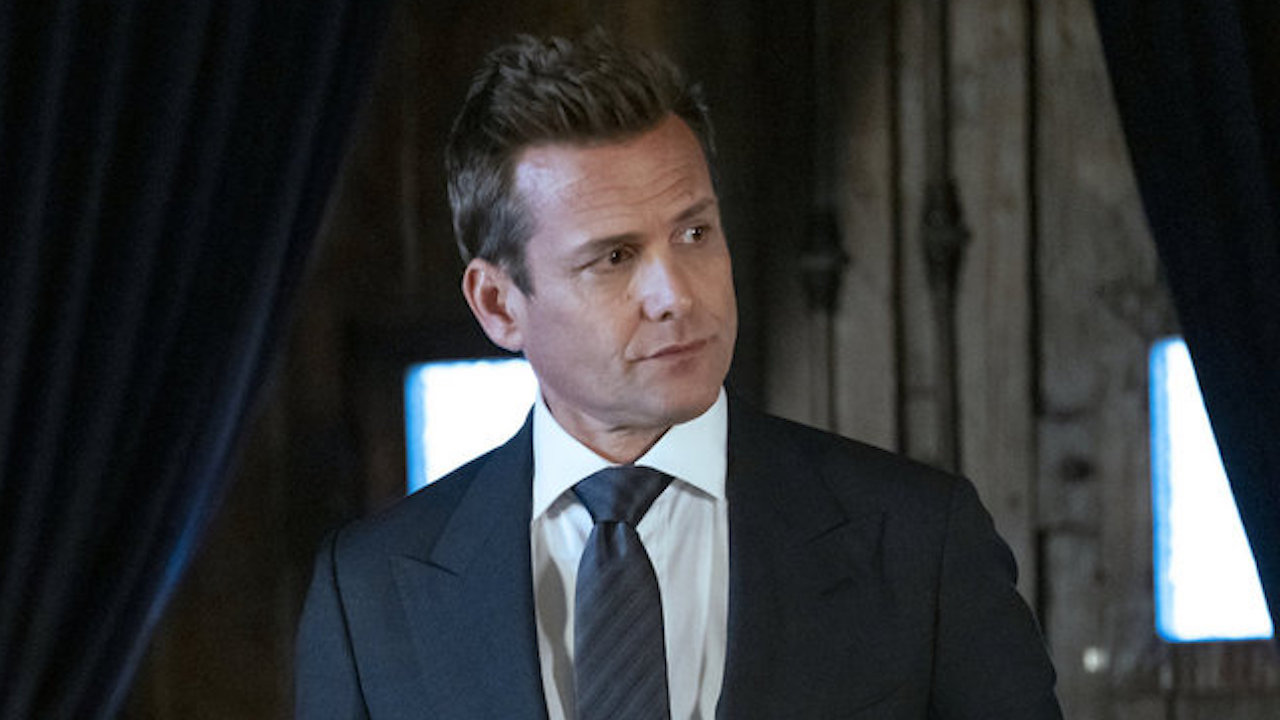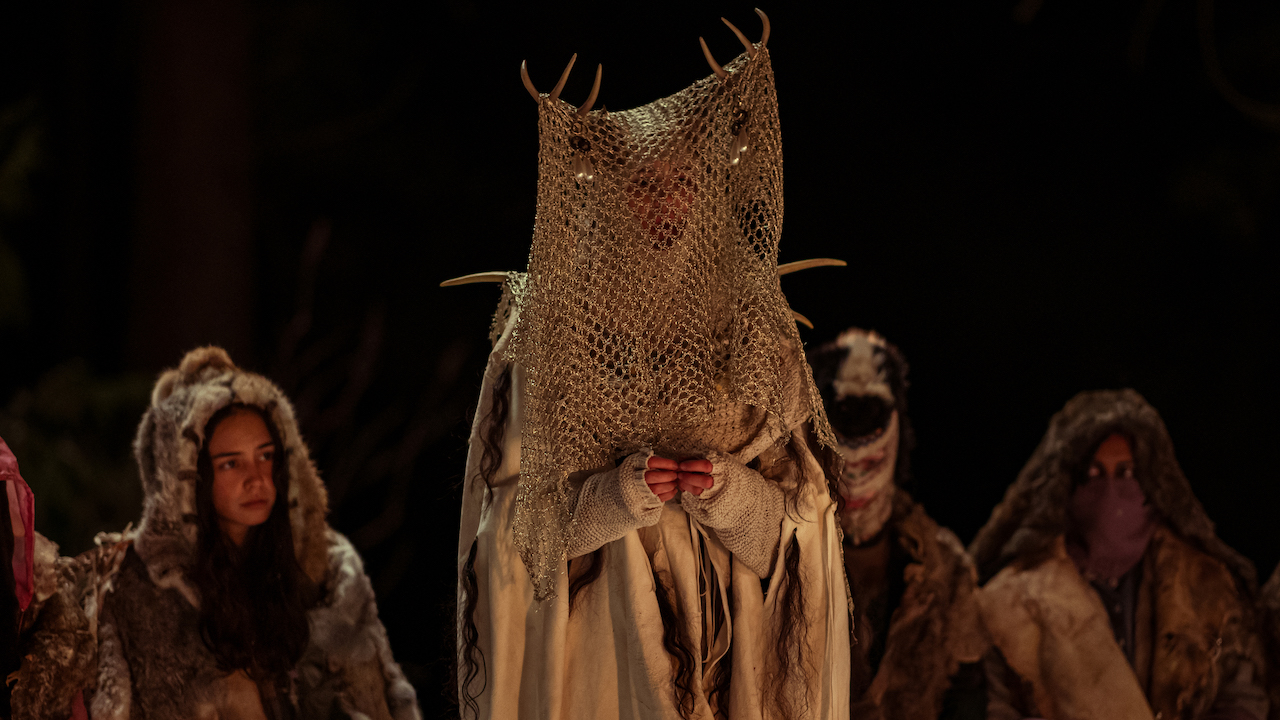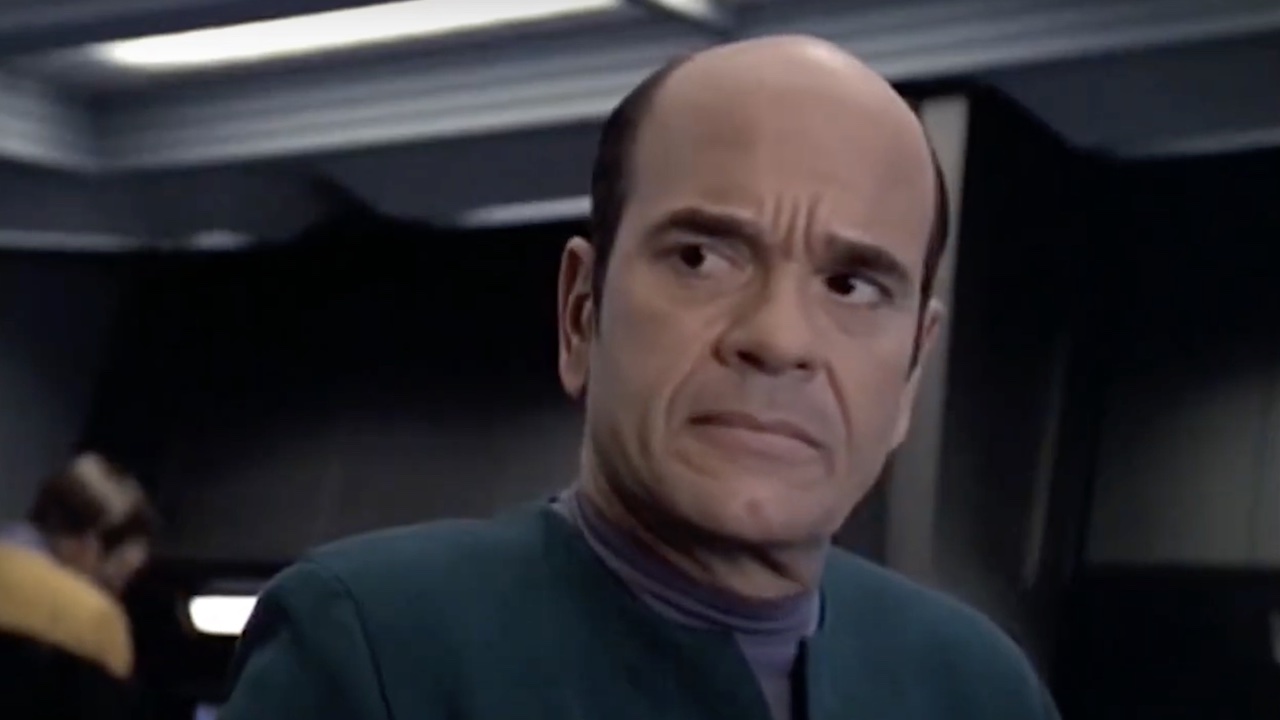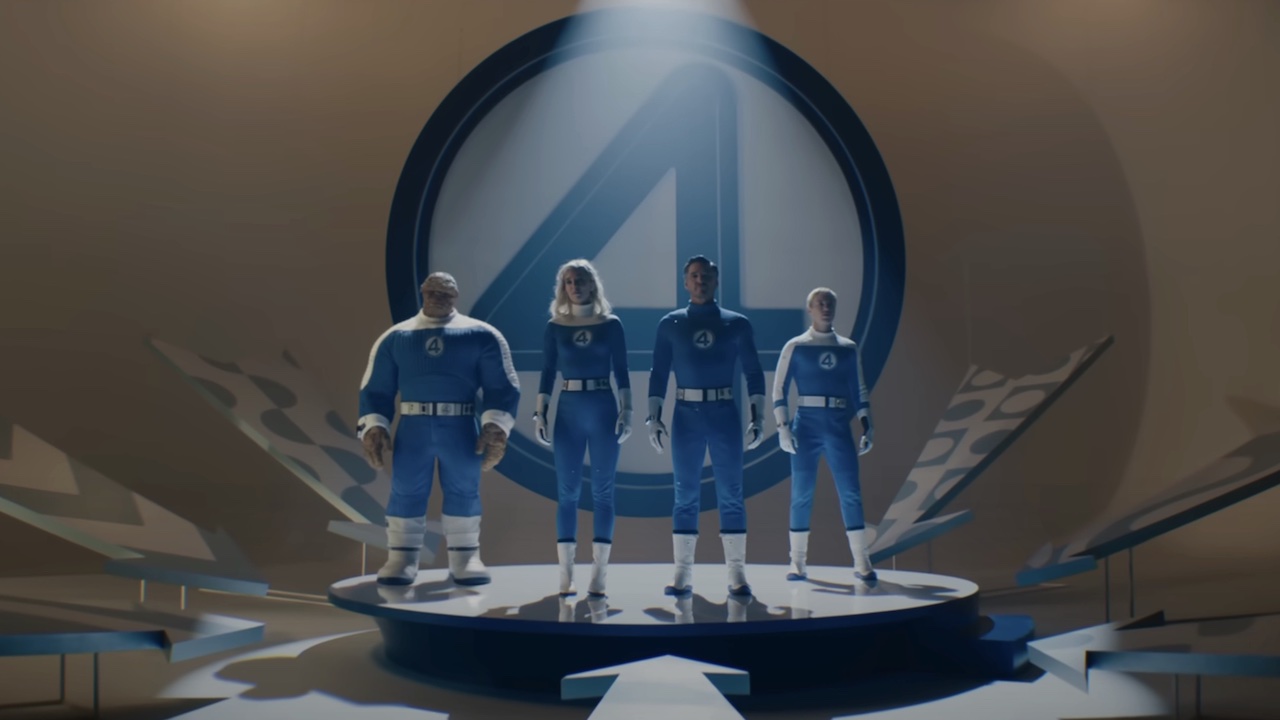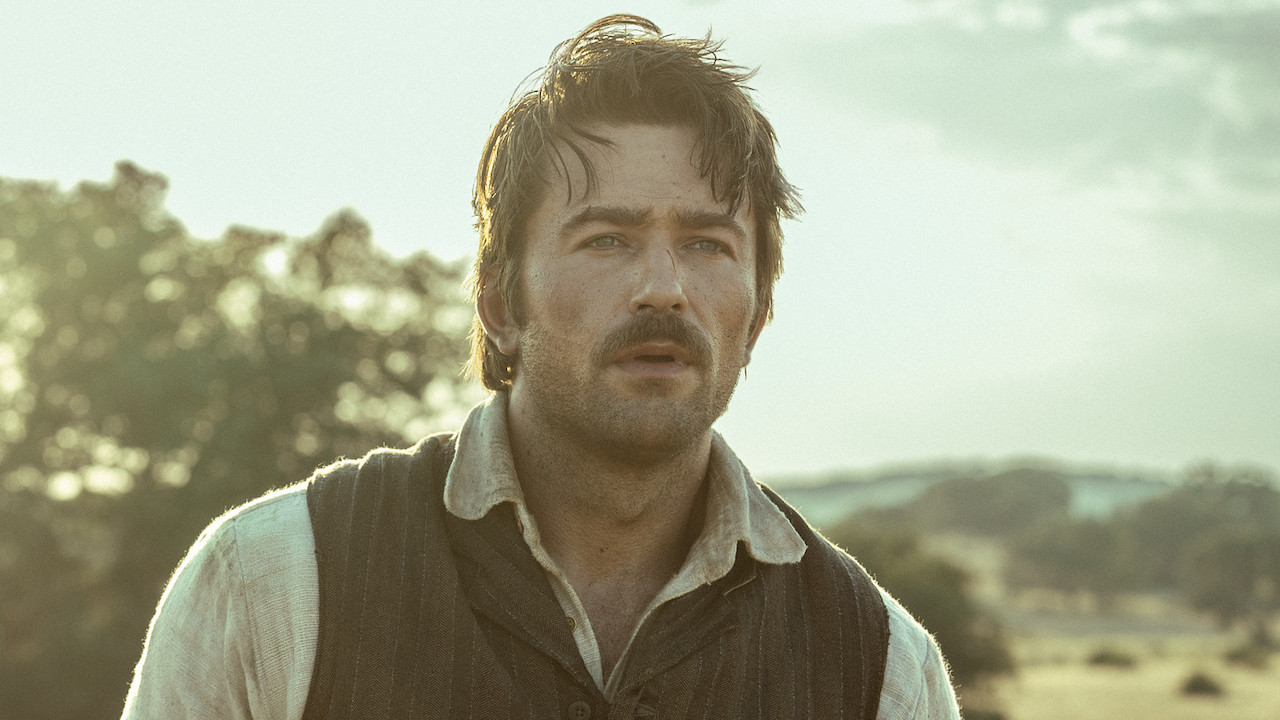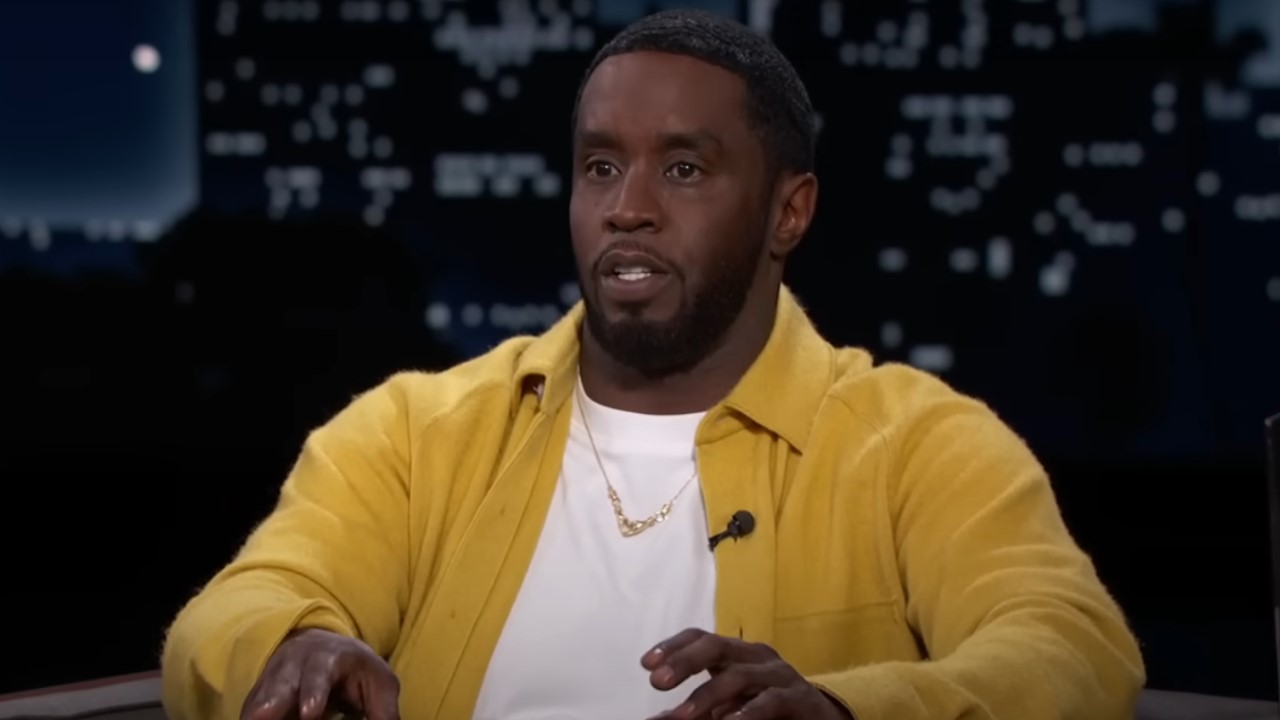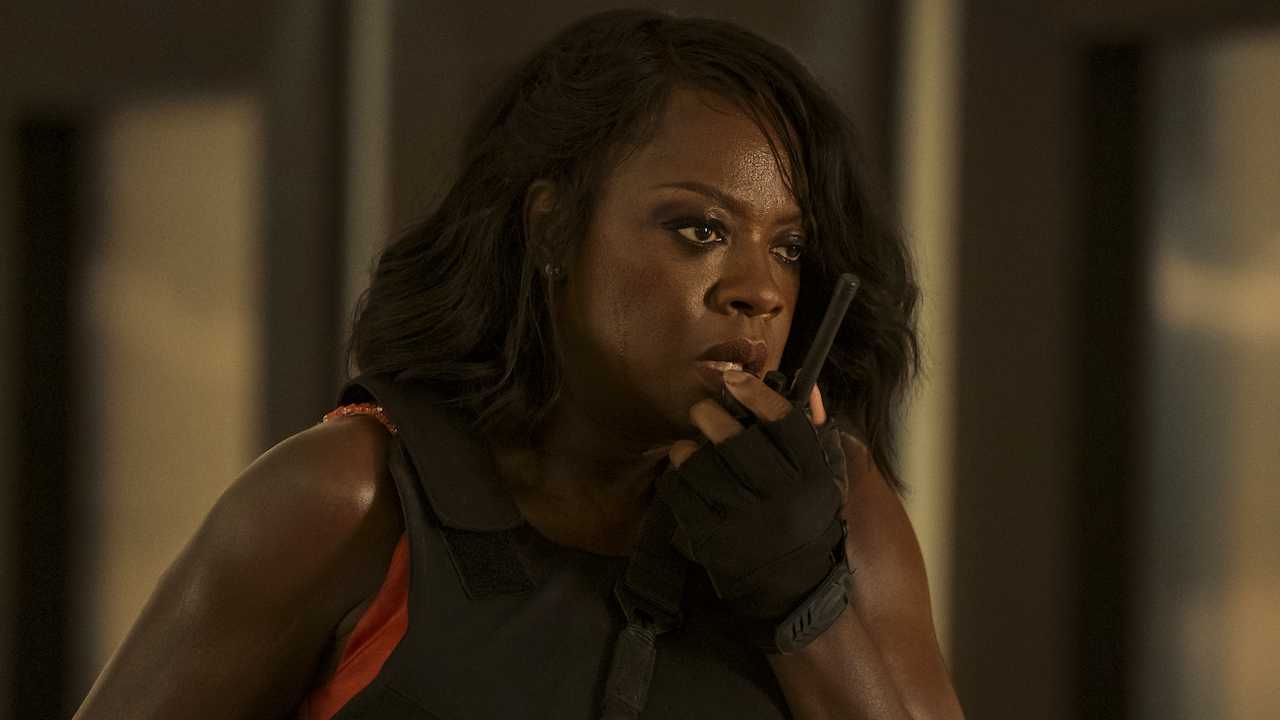6 The Stand Moments We Need To See In The New Stephen King Miniseries

After years of development and waiting, the new live-action miniseries version of Stephen King’s The Stand is almost here, and we couldn’t be more excited. As much appreciation as we have for the version from 1994 starring Gary Sinise and Molly Ringwald, the new CBS All Access show will be about four hours longer in total length, and thus have better opportunity to be a more direct adaptation and explore material that previously had to be cut. Thinking about this led us to consider what specific scenes from the book we would love to see in the upcoming streaming service program, and that thinking led us to the creation of this feature.
Taking into consideration key character growth, notable thematic showcases, and memorable scenes, we’ve picked out eight moments from Stephen King’s book that we want to see in CBS All Access’ The Stand. Let’s start with the most gruesome!
Execution At The TV Station
In the first half of Stephen King’s The Stand, it’s not only horrific to read about the way that the virus tears society apart, but also the way that humanity responds to the widespread panic. In the case of the latter, there are many examples explored, but none more utterly disturbing than what unfolds at a television station in Maine.
If the new miniseries really wants to drive home the terror of the lawless new world following the release of the Captain Trips virus, one perfect way would be to feature the scene where escaped prisoners perform 62 public executions on live television with a cheering audience. Of course, including this scene means it would also be necessary to include the revelation that story heroine Fran Goldsmith watches the broadcast believing that it must be fake because they don’t show that kind of stuff on television.
Nick Cares For A Dying Prisoner
Nick Andros is in the midst of what is a common experience in his life when he is first introduced in The Stand: being tortured by assholes because he is a deaf mute. This instantly earns the character great sympathy from the reader, but what ultimately forces you to really respect him unfolds shortly thereafter and is a must to include in the new miniseries. With the help of the local sheriff, he is able to incarcerate those that attacked him – but even when they are locked up and he has a chance to leave them to die he refuses – following his moral code and caring for them the best he can, even when they start showing clear symptoms of the super flu.
When the sheriff, the doctor, and basically everyone else in the small Arkansas town where Nick finds himself dies, the noble young man decides to stick around and provide his attackers with regular meals (even while receiving all kinds of verbal abuse). Without giving away too much, the section of the story ends in a really dark, pessimistic place, and it could be a great place-setter for the series in terms of establishing a grander tone in addition to giving one of the most important characters in the book a proper introduction.
The Trashcan Man Fulfills His Dream
Stephen King’s The Stand is a book that is features a number of odd ducks, but king of them all is Donald Elbert – better known to Constant Readers as The Trashcan Man. The pyromaniac/possible schizophrenic had a rather horrific life before Captain Trips wiped out most of humanity, but he finds real purpose in the aftermath, both because of his devotion to Randall Flagg, but also in his ability to realize a lifelong dream: blowing up his hometown’s oil depot.
CINEMABLEND NEWSLETTER
Your Daily Blend of Entertainment News
With the CBS All Access adaptation likely getting a comfortable budget and all of the advances in modern cinema techniques, the explosion of the oil tanks could make for some exciting, showy material, but more importantly the sequence tells you something about the world of The Stand. While there are still good people breathing, post-pandemic Earth is also a place where a psychotic can roam free and blow up whatever they see fit, made even more scary by the influence provided by Randall Flagg (also serving as foreshadowing for another key boom later in the story that will surely be included).
Glen Bateman’s Sociology Dissertations
What happens to humanity when society falls apart? Philosophers have been asking that question for years, and The Stand has its own answer in the grand scheme of the story. What it also includes, however, are some fascinating discussions about the subject from the book’s resident sociology professor, Glen Bateman, and while the sequences perhaps wouldn’t be as flashy as an oil depot exploding, it’s still ground that the miniseries should absolutely cover.
Glen has multiple opportunities to dig into the nitty gritty of his dedicated study throughout Stephen King’s book, such as during his time on the road with Stu Redman and after reaching the Boulder Free Zone. His musings provide interesting base sociological context for the battle between those who follow Abigail Freeman and those who choose Randall Flagg, and it could provide for some meaty intellectualism if approach properly.
The Death Of Rita Blakemoor
To borrow the phrasing of a woman he has a one night stand with, Larry Underwood “ain’t no nice guy” when the super flu pandemic hits in The Stand, but that simply sets him up to have one of the strongest arcs in the book – one of personal redemption. Obviously that only happens if he has the motivation to change, though, which is why it’s key for the new miniseries to feature the death of Rita Blakemoor.
Larry meets Rita when he is Manhattan, and given that she is practically helpless in the post-pandemic world (ill-equipped both literally and emotionally) he decides to take responsibility for her and help her out. The problem is that he still suffers from Selfish Asshole Syndrome, giving him low tolerance for complaining and a short fuse. This attitude winds up contributing greatly to Rita’s sad fate – but her sad fate also proves to be the exact catalyst necessary for him to start to really change.
Tom Cullen Gets Hypnotized
Like most of Stephen King’s works, The Stand performs an interesting balancing act in its approach to reality and fantasy – and while that’s obviously the case on the macro scale, with both the pandemic and the supernatural battle between good and evil, it’s also true on the more character-based level. The perfect example of this is the attempt to hypnotize Tom Cullen so that he can perform as a sleeper agent and spy on the happenings in Las Vegas, which has its own strange consequences.
Even putting “God’s Tom” aside (the voice that emerges from his hypnotic state), Tom Cullen is certainly one of the sweetest characters in the book (M-O-O-N, that spells sweet!), and the decision to turn him into a double-agent presents one of the most challenging ethical dilemmas in the book. It’s material that is very much at the heart of what The Stand is, and it would be wonderful to see it explored in the new series.
As of right now we don’t currently know when The Stand miniseries is going to be available on CBS All Access, but stay tuned here on CinemaBlend for updates about the show, and if you wish to revisit Stephen King’s brilliant tome, it’s available in bookstores as well as on Kindle and in audiobook form.

Eric Eisenberg is the Assistant Managing Editor at CinemaBlend. After graduating Boston University and earning a bachelor’s degree in journalism, he took a part-time job as a staff writer for CinemaBlend, and after six months was offered the opportunity to move to Los Angeles and take on a newly created West Coast Editor position. Over a decade later, he's continuing to advance his interests and expertise. In addition to conducting filmmaker interviews and contributing to the news and feature content of the site, Eric also oversees the Movie Reviews section, writes the the weekend box office report (published Sundays), and is the site's resident Stephen King expert. He has two King-related columns.
